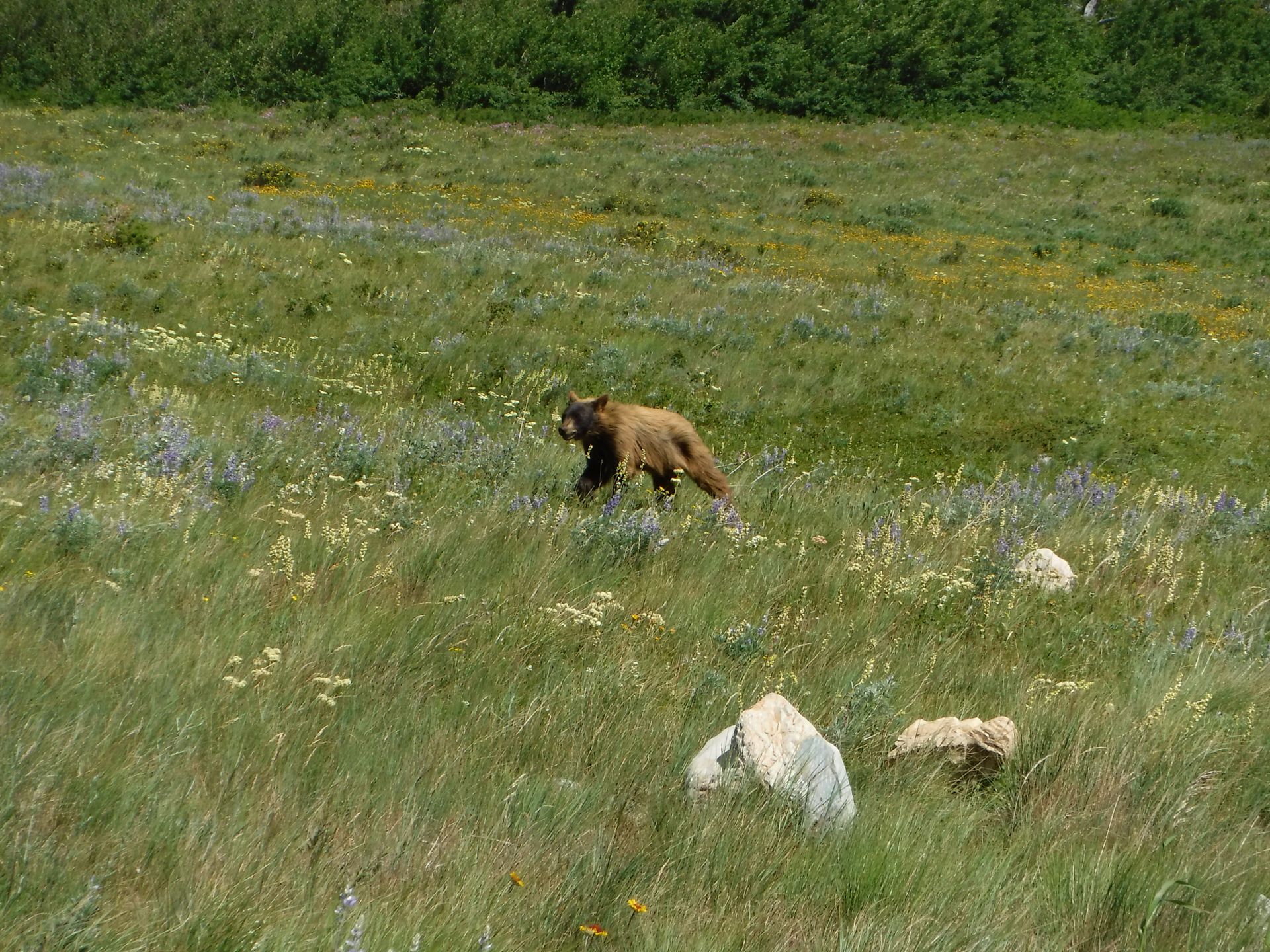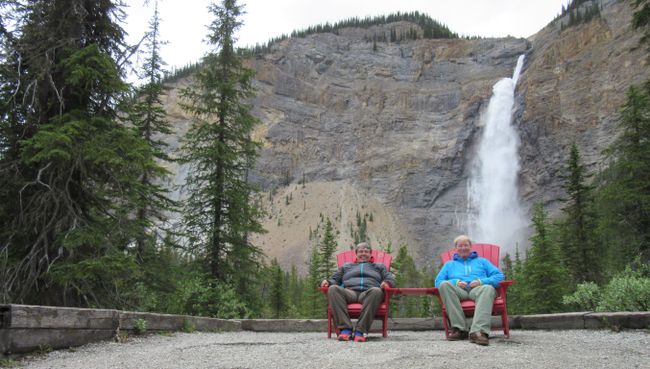Panama Canal Transit
発行済み: 05.04.2018
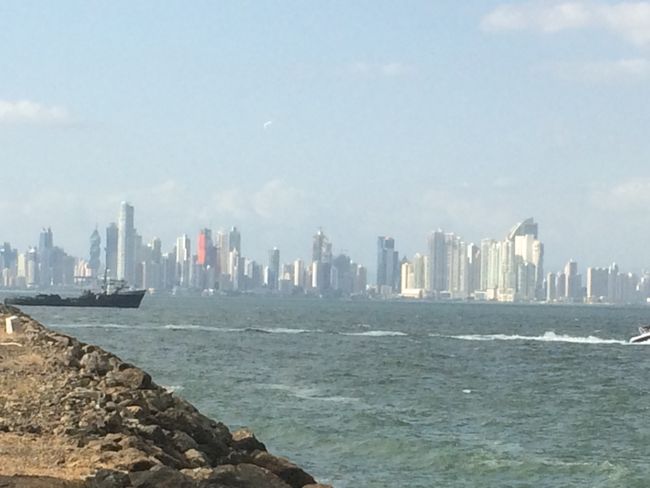
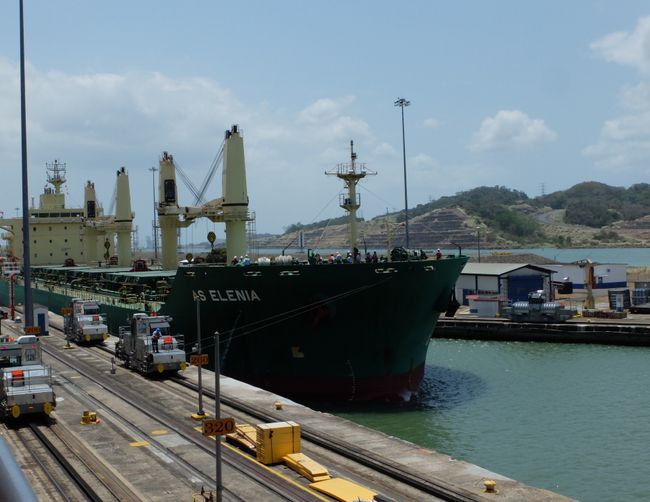
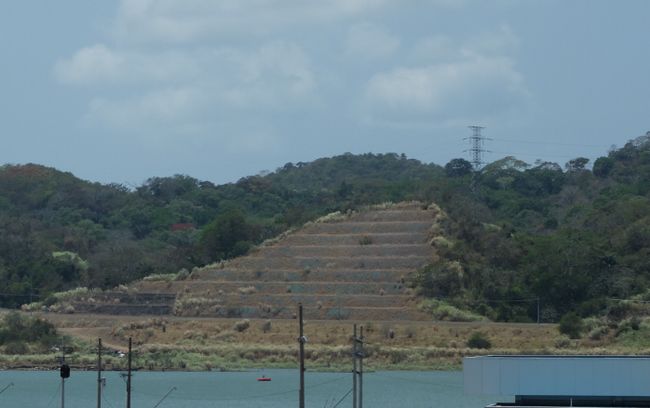
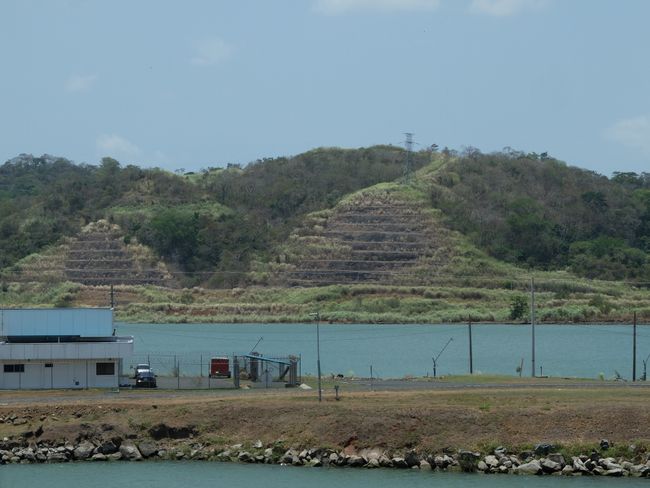
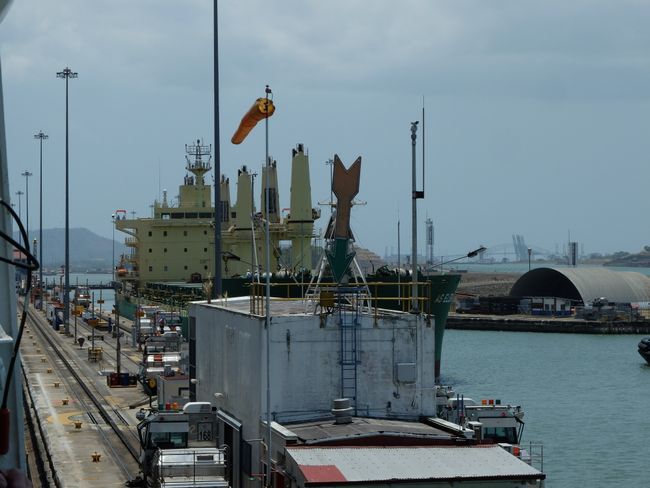
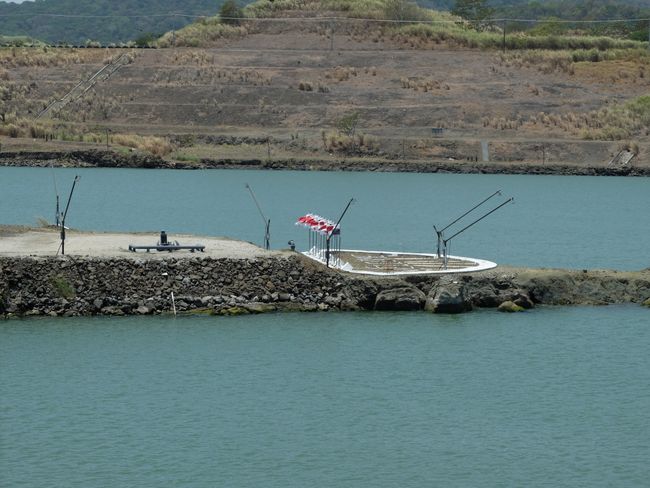
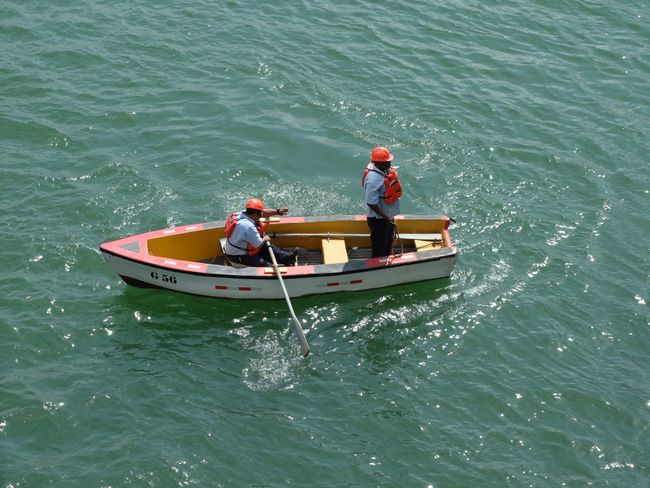
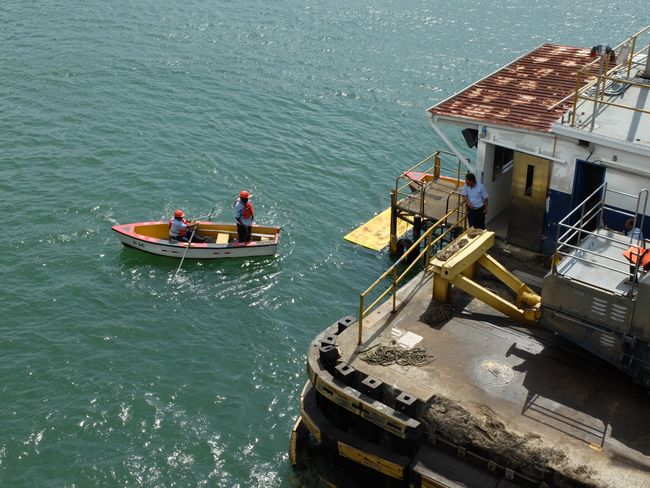
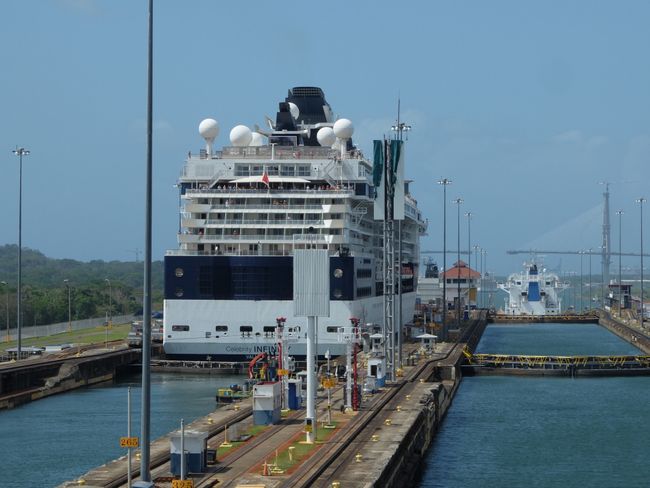
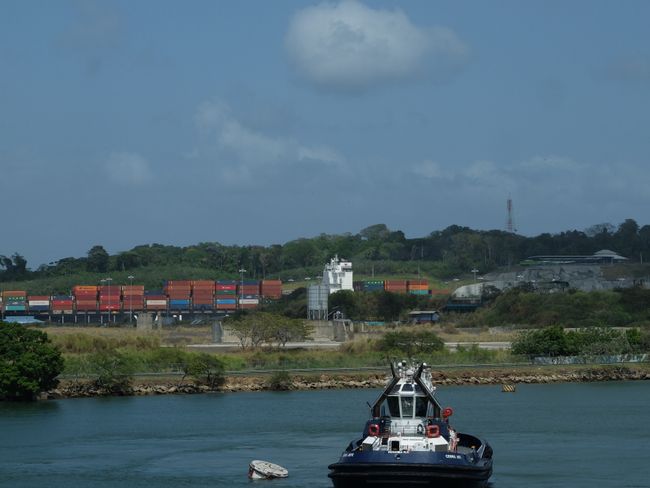
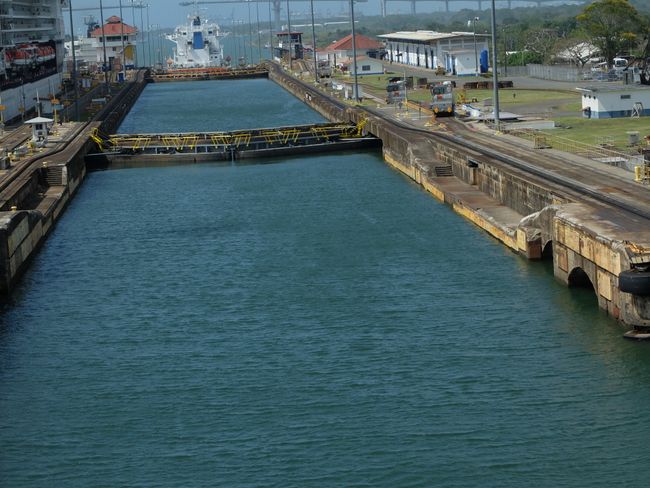
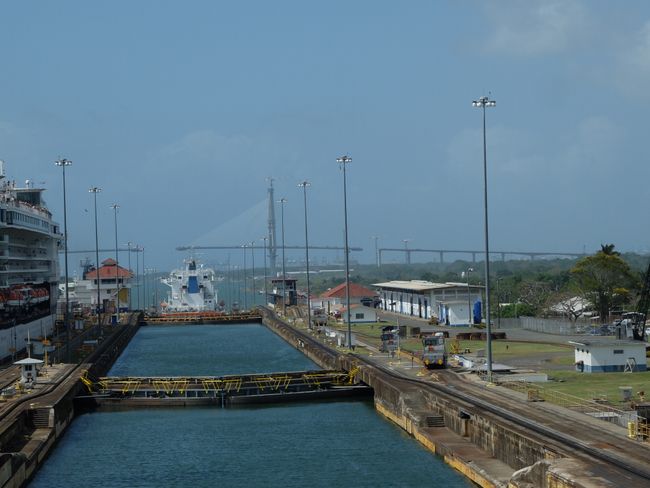
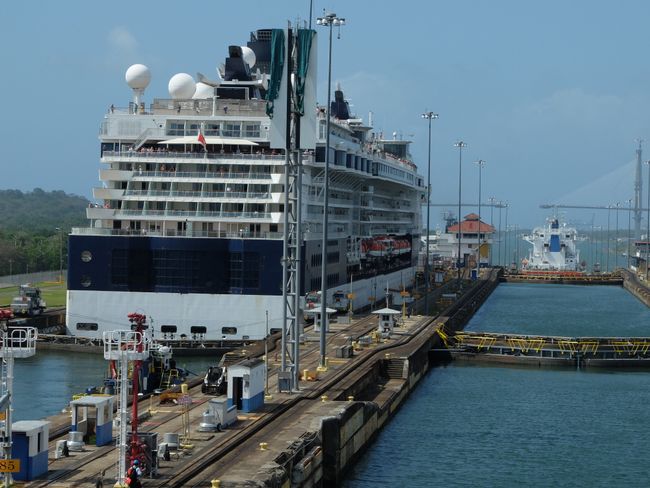
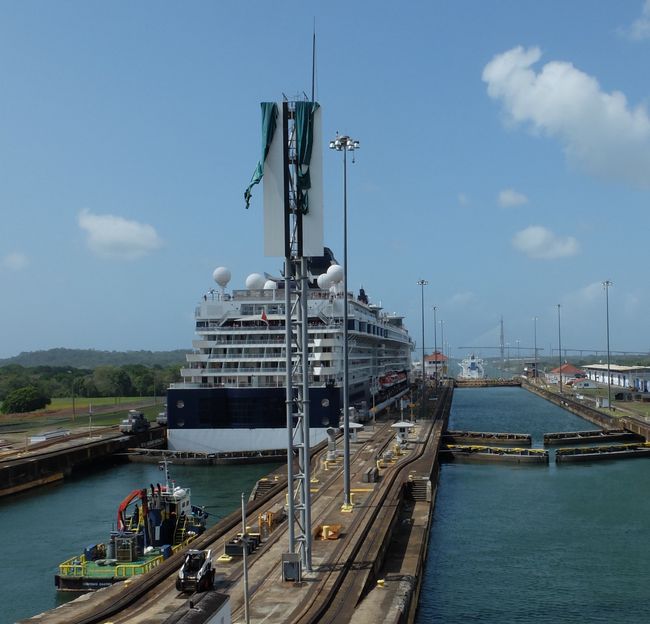
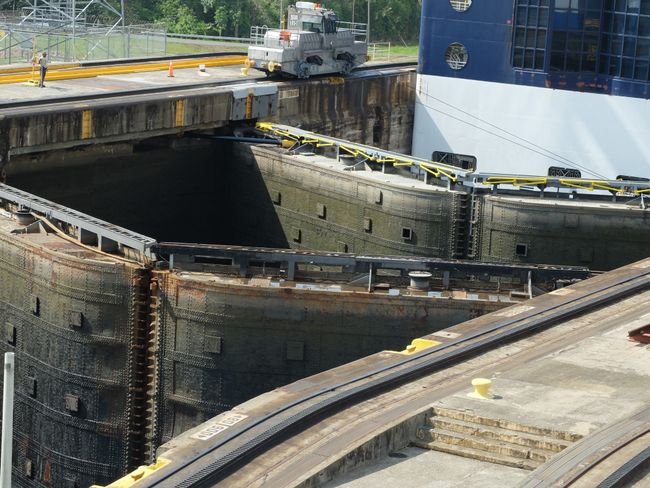
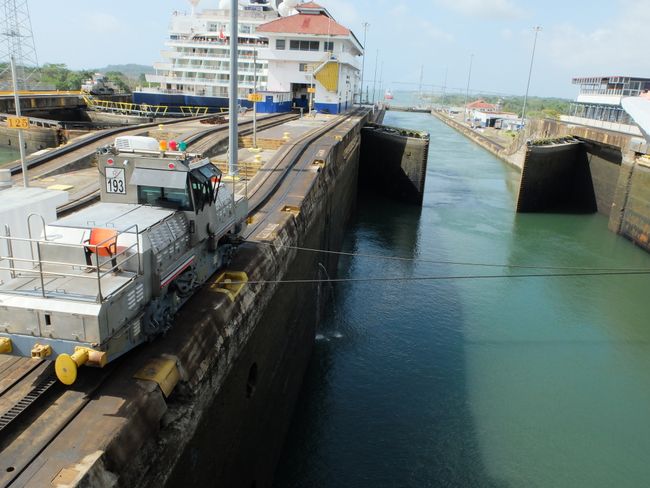
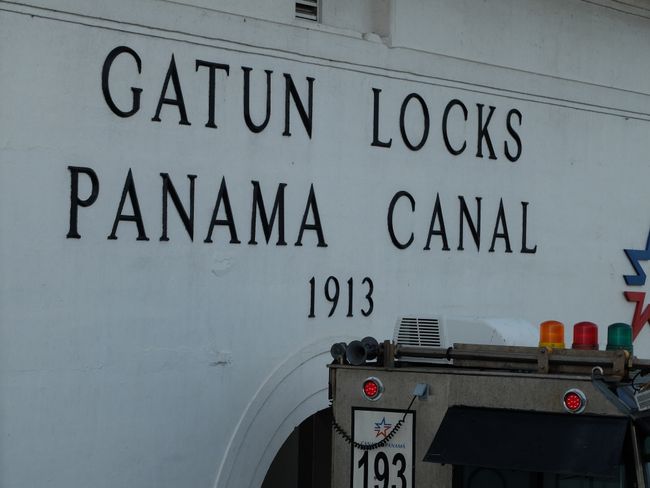
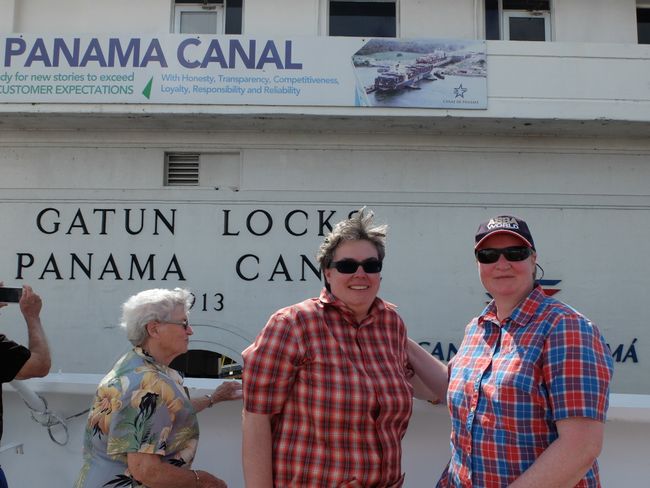
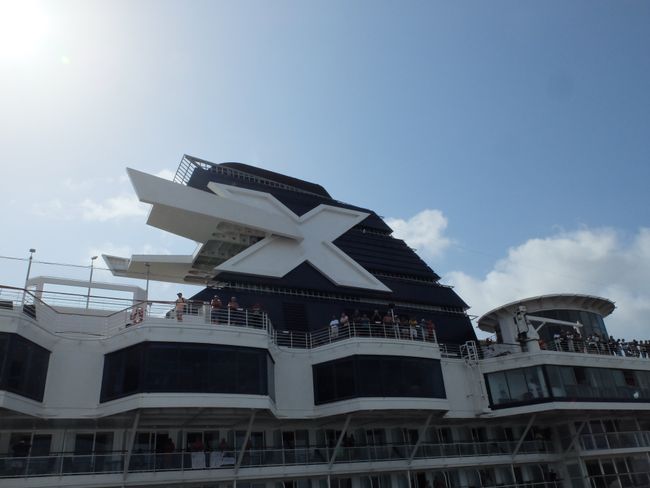
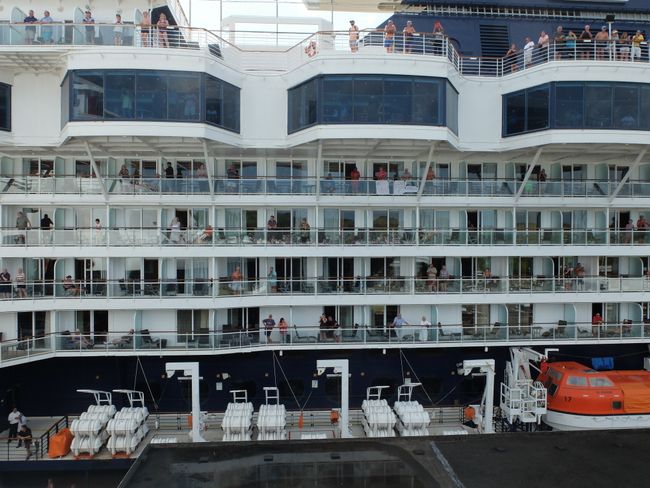
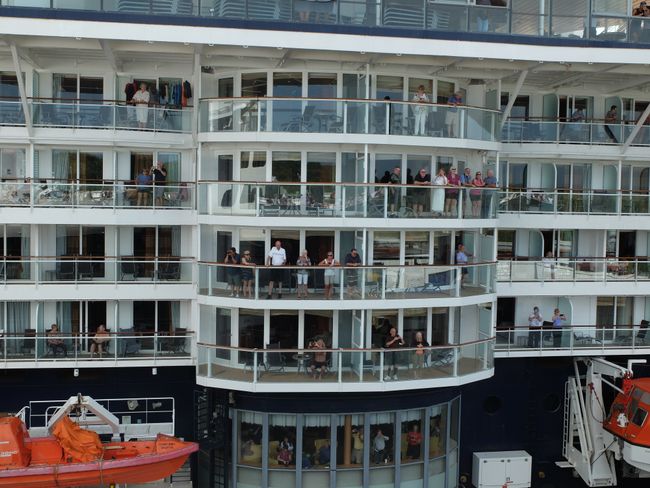
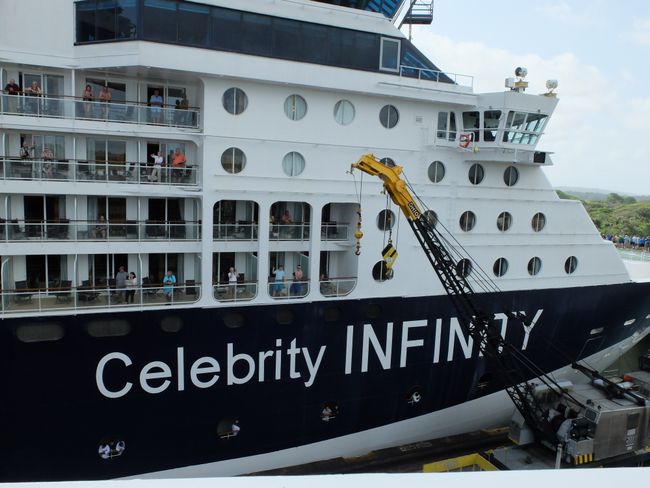
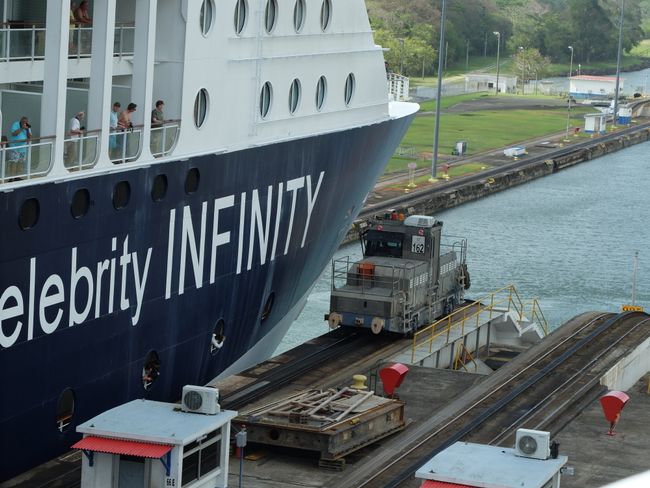
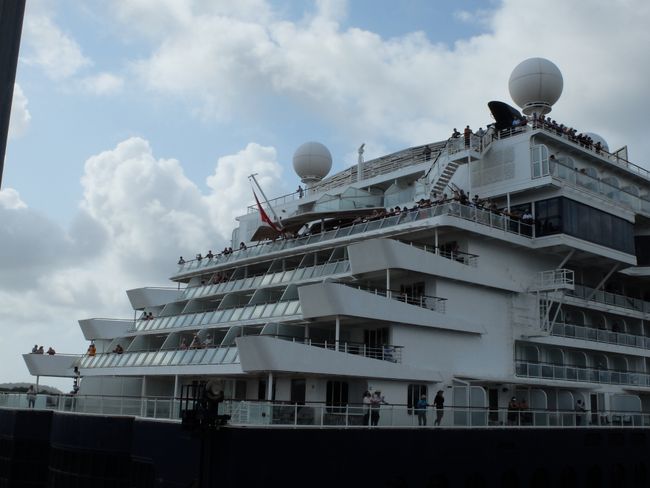
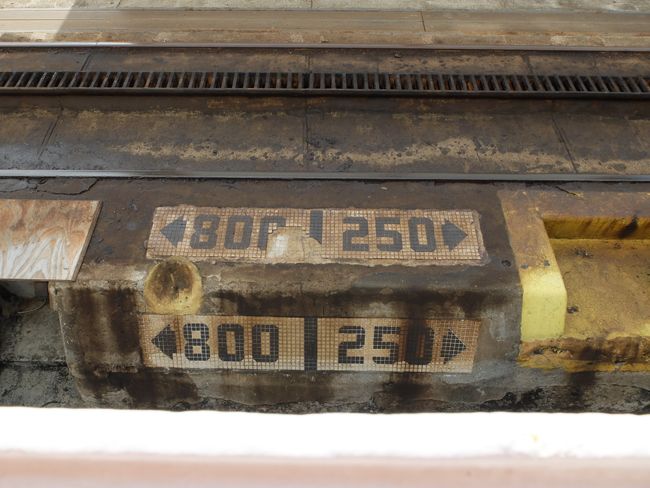
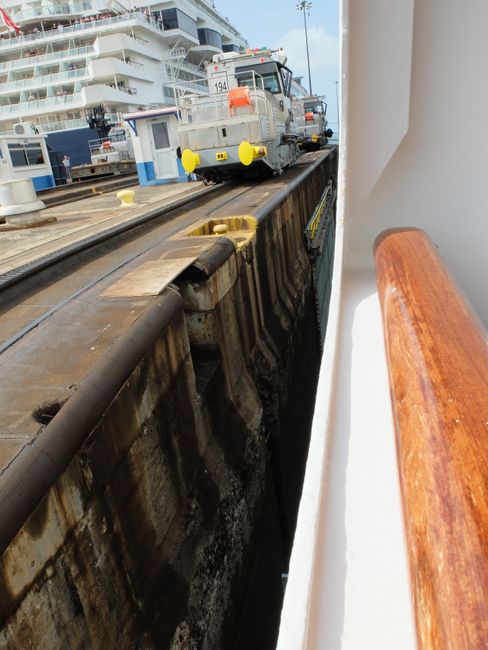
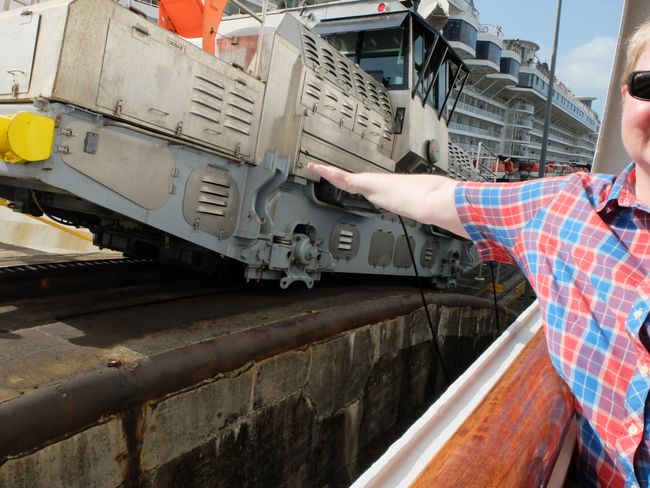
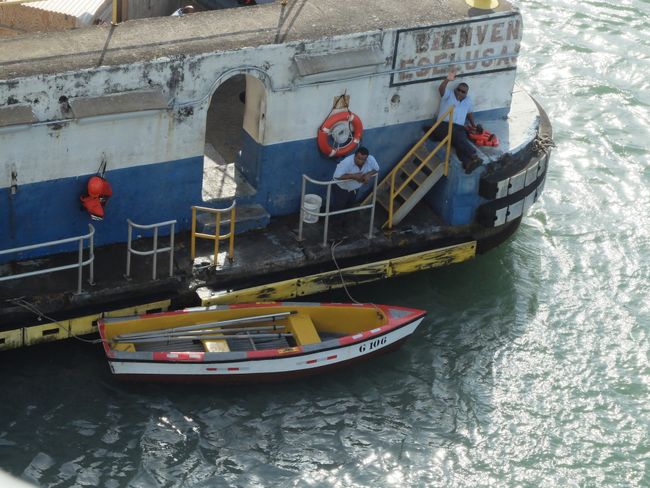
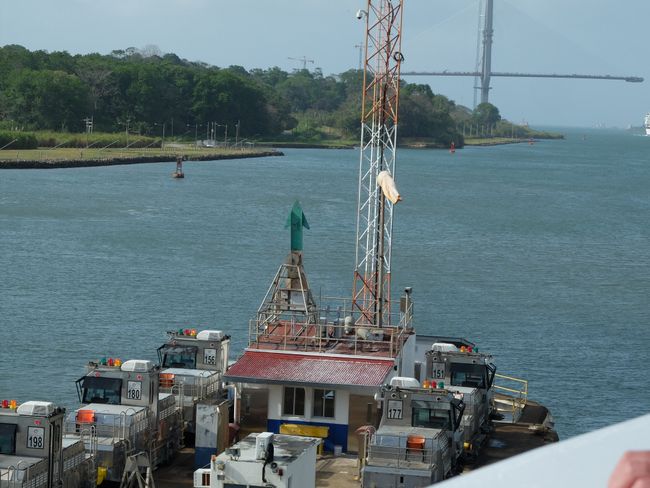
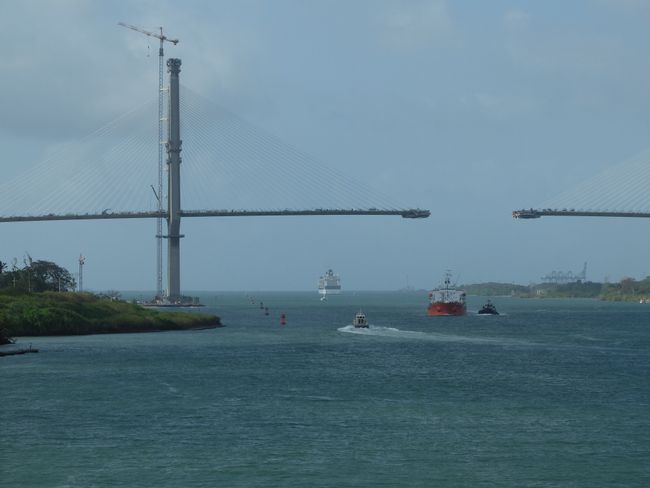
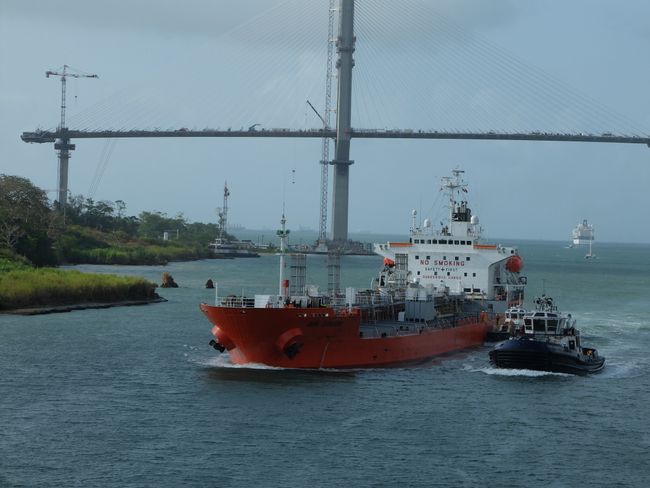
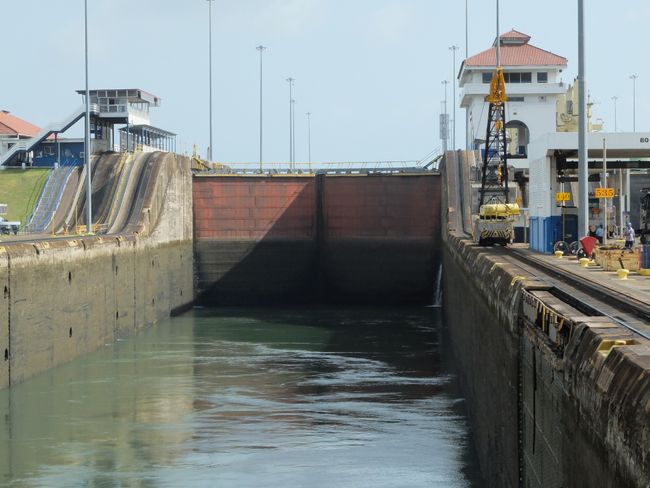
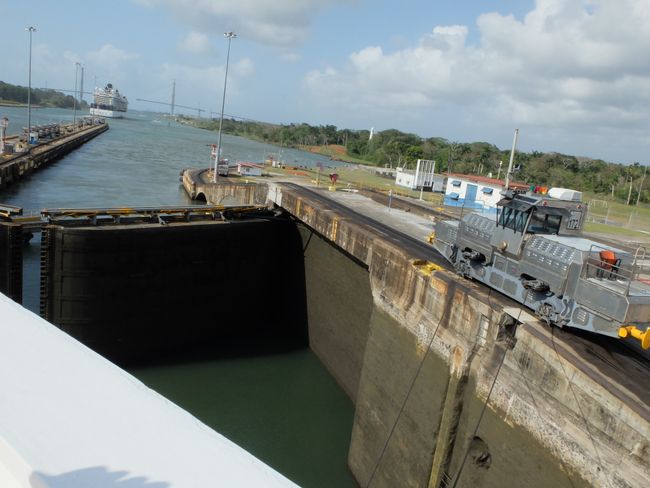
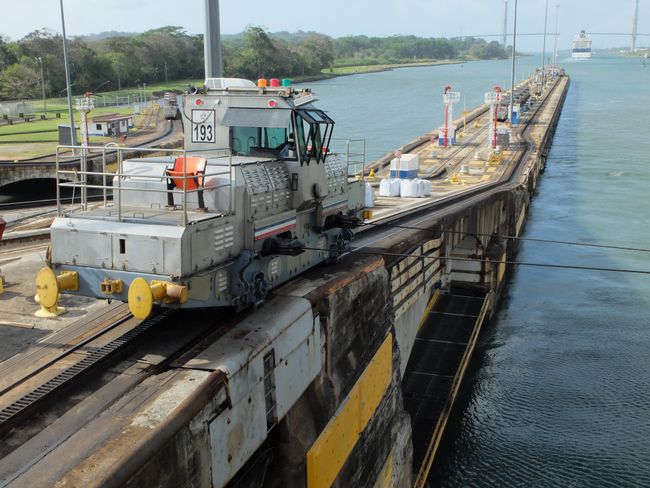
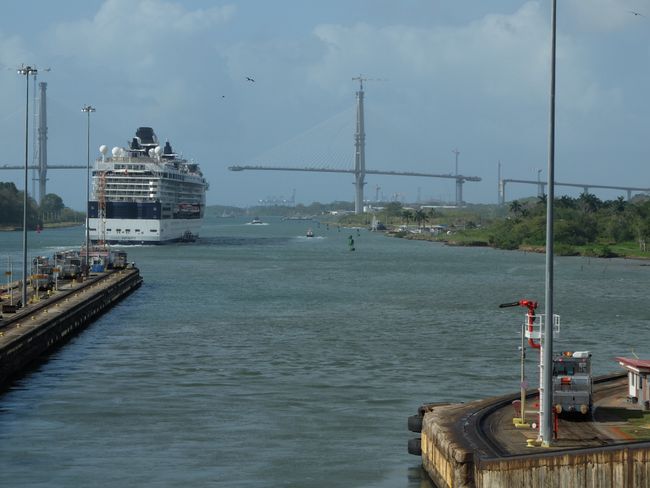
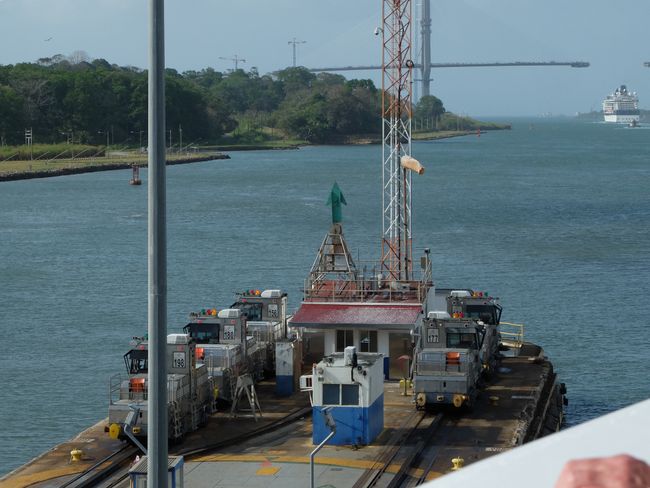
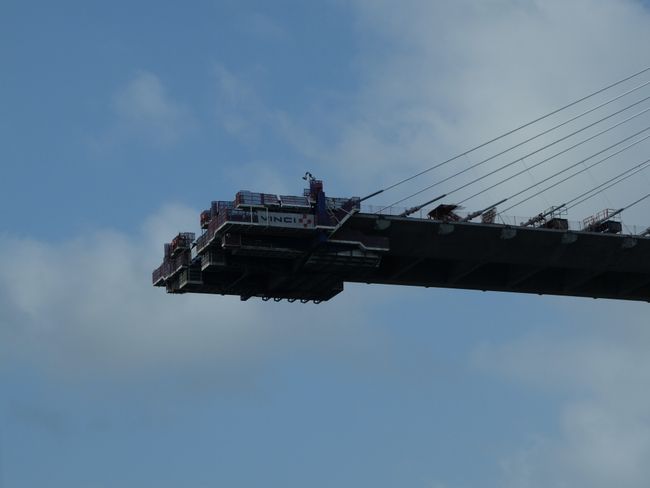
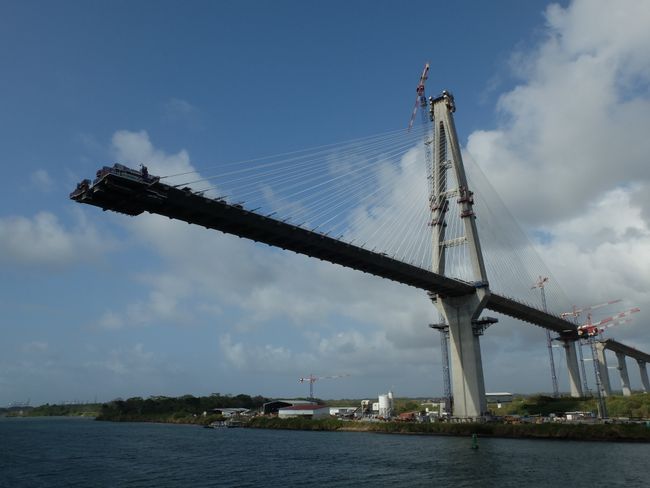
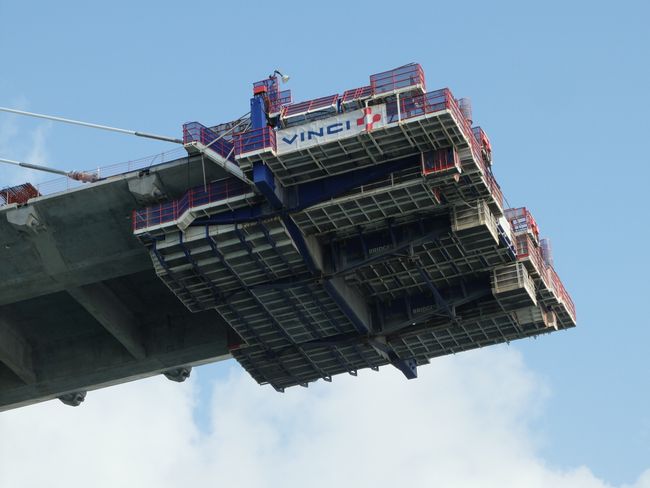
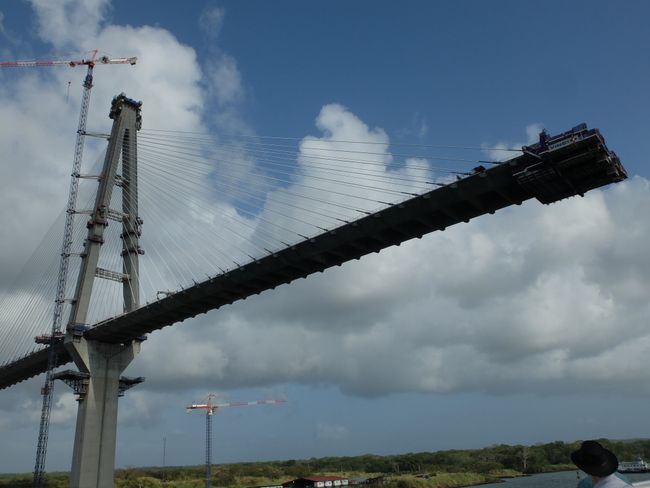
ニュースレターを購読します
The transit through the Panama Canal was probably THE highlight of the second part of the cruise. We had to get up early because we were supposed to weigh anchor and join the queue from 6:30 am. It was delayed by about 1 hour, but that didn't matter. It was actually not a boring second. The crew made a great effort and even served coffee and pastries on the bow. Later there were also other drinks. Including alcoholic ones. They were actually consumed in sufficient quantities by many passengers, under the consistently burning Equator sun. I doubt that was really good for them. But luckily that wasn't our problem. I am still surprised afterwards that this transit was so exciting.
We sailed through the old canal, which our ship just fit through. The captain had about 70 cm on each side. That's a pretty good performance displayed on the bridge. So we spent hours watching the water level rise and fall, gates open and close, the "mules" - the small vehicles that drive on both sides and ensure that the large ships lie safely in the middle of the locks - work and so on. It was nice that there was another cruise ship, the Celebrity Infinity, right in front of us. There are always two lock lanes next to each other. So we could observe exactly what was happening next to us in the lock. From my point of view, you could see that better than on our own ship. And we "overtaken" the Infinity twice and then it overtaken us again. That was almost the most fun, to see which people are traveling on the other ship and what the cabins etc. looked like. Okay, you can also call it exciting 😇.
We were provided with interesting lectures and films on the ship, and there was also a commentary on the open decks. So we are now quite knowledgeable, nevertheless I refer to Wikipedia for some official information.
But here are a few facts that you won't find there. Of course, the transit costs money. For a cruise ship the size of the MS Zaandam, it's about 400,000 US dollars. Plus the reservation fee of 40,000 US dollars. This guarantees that the ship can enter at a reasonably planned time and does not have to join the - often very long - queue like the freighters. The really big container ships cost up to 1 million US dollars.
The accompanying vessels that you can see in some photos cost 11 million US dollars each. Quite a sum driving around on the canal. We were able to spot at least 10 of them.
The transit takes about 8 hours. Dealing with the locks simply takes time (there are three locks to overcome on each side of the canal). Only on the lake in the middle could the captain accelerate.
Hardly were we in the Caribbean Sea (or also in the Atlantic) it became stormy. We swayed quite a bit on the decks that evening. And many passengers didn't feel well, which was evident in the dining room and at the bar with Barry. But our usual Canadian/American/German bar crew showed up and we didn't need the green apples that bartender Conrad offered us as a remedy for seasickness. It's supposed to help, but like I said, we were fine. Maybe the absence rate was also due to the aforementioned consumption of alcohol in the sun. Who knows 😉.
ニュースレターを購読します
答え
